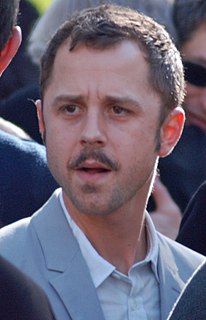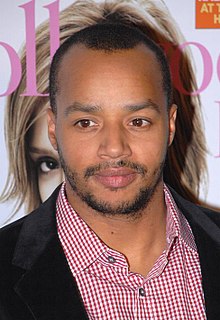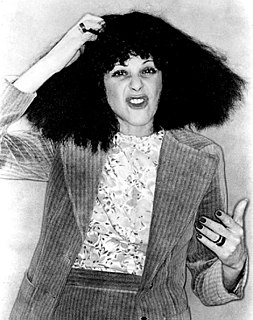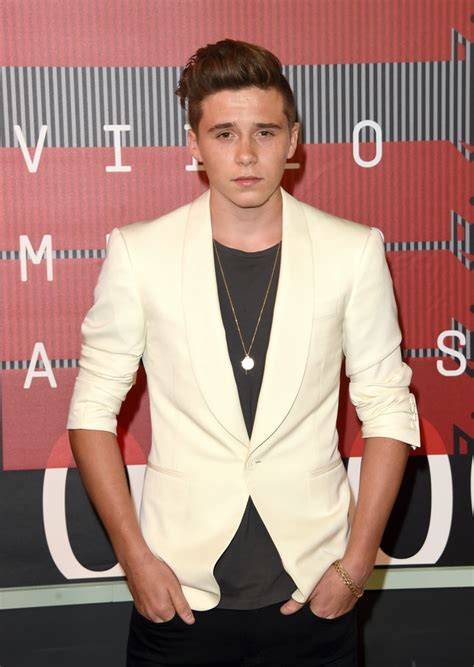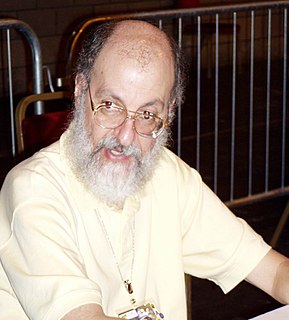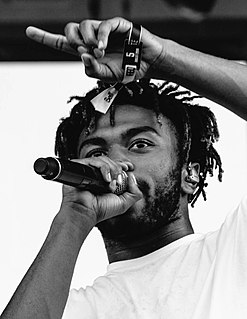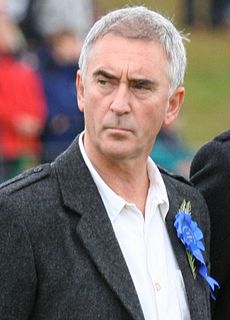A Quote by Paul Bettany
My relationship with 'Star Wars' is that I'm old enough that I saw it when it first came out - 'A New Hope,' that is - and it was like when Dorothy steps out of black and white into Technicolor. I was transported from a gray, miserable 1970s London into a different galaxy, and I didn't know what it was, but I wanted to be a part of it.
Related Quotes
I myself saw the great works of Western civilization for the first time in my high school in Lithuania in bad black-and-white reproductions on miserable paper. That was, for many years, what art was for me. But from those miserable black-and-white reproductions, I got something, something unmistakable.


